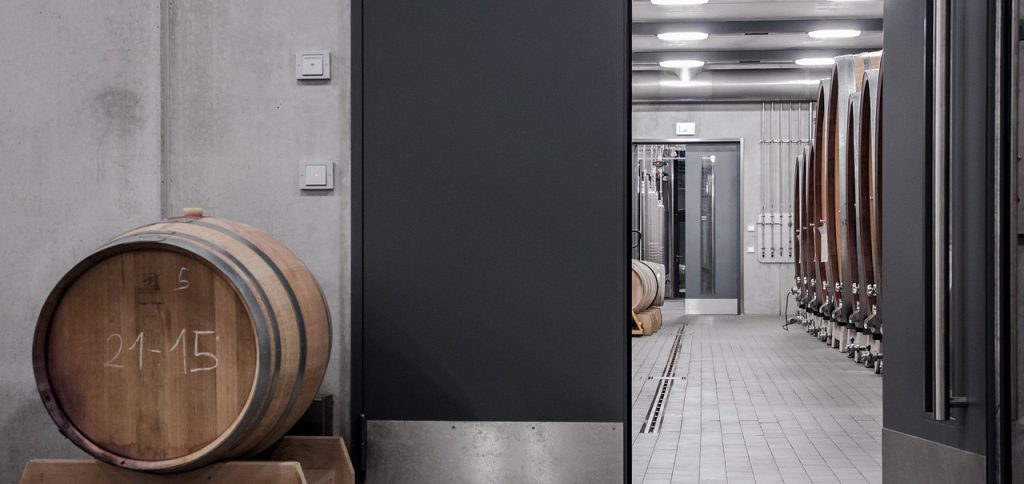Themed Week Process Optimization: Industry 4.0 takes vineyards by storm

Economical business: The term “efficiency culture” is important when it comes to optimizing work and production processes within a company. This applies to the business economy, to wine cellars of all sizes, and to agricultural wine farms, wine estates and cooperatives. Industry 4.0 provides an opportunity to streamline work processes with networked machines.
At first glance, a new, large tractor or a shiny harvester can certainly make a great impression. This is certainly a major reason for advancements in the areas of technology and modernization. On the other hand, all the processes behind the scenes often run in much the same way for years and years, without much innovation or change. This is especially true for tasks such as grape processing, wine development, bottle filling and storing. And although many operations are perfectly satisfied with the status quo, there is plenty of room to optimize these areas.
Industry 4.0: opportunities for internal optimization
Anyone who wants to press grapes efficiently into a high-quality product will need powerful grape processors, measuring facilities and harmonized conveyor plants. A number of exhibitors at SIMEI@drinktec already offer tailor-made solutions in these areas for all kinds of companies. They know that it is important to observe quality standards throughout all processes and for each individual step in the preparation process. One way to do this: capture all data in real time and document all legal records. The Fourth Industrial Revolution, also known as Industry 4.0, is increasingly apparent in the world of wine production. For winegrowers and wine estates, it provides an opportunity to streamline work processes with networked machines. Processes that run during the alcoholic fermentation stage can be controlled and monitored.
Plant engineering: optimize and cut costs
The most cost-intensive areas of the wine business are bottling and labeling. Manufacturing processes, the merging of packaging material and palletizing all have different requirements. And, again, these differ for still and sparkling wines or when dealing with aromatized, carbonated drinks. Wineries also need to be able to process a wide variety of packaging sizes and materials, from glass and cardboard to PET, Tetra Pak and foil bags. At drinktec, Atlantic C and other engineering companies will be on hand to talk about ideas for solving these issues, for example by introducing new systems or optimizing existing ones. Specialized plant manufacturers such as Krones, KHS or the Italian filling and labeling equipment manufacturers, Bertolaso and GAI Macchine Imbottigliatrici, will also be presenting their filling and labeling systems at the event.
Fighting fit for international competition
Measures to optimize production processes all fall under the term “manufacturing process engineering”, or MPR. The acronym attests that eliminating sources of errors and automating processes should help to improve production processes. One decisive parameter of MPR is the system efficiency grade or overall equipment effectiveness (OEE). In practice, this metric often hovers around just 50 to 60 percent of a plant’s full capacity. Companies can take certain measures to boost the efficiency of a plant and, in turn, equip themselves to compete on an international stage. Cutting setup times, eliminating sources of error, and avoiding downtime, automatic maintenance and fault messages are just some benefits of this optimization.
Industry 4.0: wine industry saves costs with networked machines
Fully automated high-bay warehouses offer great rationalization potential. The benefit: They make it possible to directly connect to the production plants. All processes take place in digitally linked networks. Driverless transport systems cut labor costs and save money that can be spent elsewhere, such as in marketing and sales. This signals a significant boost in efficiency for wineries. The savings in working hours and the associated labor costs can finally be realized in wine cellars simply by optimizing storage solutions. Warehouse logistics, in particular, is an area with great potential for rationalization. Small and medium-sized wine estates and cooperatives can generate serious savings in that area as well. On the international stage, it will become clear that the wine producers that have done their homework will be the ones reaping future benefits.
The drinktec forum will feature various topics relating to process automation, some of which will shape the future of the wine sector. Winegrowers and wine producers will also want to visit the Innovation Flow Lounge, which is a key starting point and hub for marketing and sales. Renowned experts will exchange ideas and strategies relating to development, packaging and marketing. At the SIMEI Innovation Challenge, the illustrious Lucio Mastroberardino Innovation Award will be presented to players who have demonstrated outstanding technical innovations within the world of wine growing and production.
Innovation Flow Lounge is supported by:
- FoodBev Media
- KHS
- Sahm GmbH
- Döhler
